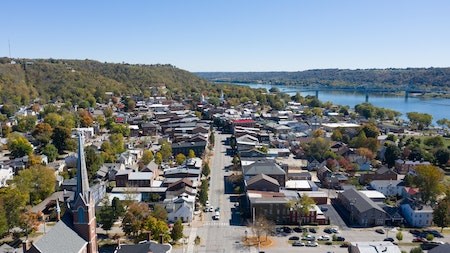There are many advantages to living in the city, such as being close to work, schools, shops and other amenities.
But the outlying suburbs have their benefits too. These include lower-priced properties, which means more of your hard-earned income is available for food and other living expenses.
“The appeal of living close to your place of work, schools, universities and the buzz of the city is understandable. As time becomes more important to the young and old, it’s desirable to live no further than 15 minutes drive from day-to-day destinations,” says Michael Bauer, managing director of IHPC estate agency.
“However, the cost of living in more built up and busy nodes has a big impact when you are deciding where to live.”
Costs
Property tends to be more expensive in the more popular areas closer to the city centre.
For an average home in a suburb within five minutes of the central business district, such as Gardens or Tamboerskloof in Cape Town, for example, you could expect to pay from R4 million to R28 million. By comparison, you can still buy a spacious three-bedroom family home in Sun Valley, Fish Hoek, for just over R2 million.
Other costs to compare include the cost of driving to work and back. If you live in the city, these are very low compared to those living in the outlying areas. The time spent in your car in the mornings and evenings must also be taken into account, as this commute can sometimes take up to an hour each way every day.
There is also the high cost of parking because, in the CBD, parking can cost R1 000 a month or more. If you live in or close to the city, you could walk or cycle or use other modes of transport such as buses or taxis.
Municipal rates in built-up and denser areas tend to be higher than those for the outlying suburbs because of the higher cost of the properties. In outlying suburbs, the plots of land are usually larger, which is a huge plus for families with young children.
Evaluation
There are advantages and disadvantages to both options, so before you decide where you want to live, it's essential to carefully evaluate your own needs – now and in the near future.
“You need to decide what sort of lifestyle you prefer and take into account the costs of maintaining that lifestyle,” says Bauer.
“As your children get older, they will probably need access to more sporting and social activities. This means that if you live far from their friends or sports clubs, you will spend much of your spare time ferrying them to and fro.
“If you give enough thought to all these priorities beforehand, you can settle into enjoying your family home without questioning whether you made the right choice about where to live,” says Bauer.
Writer: Sarah-Jane Meyer




